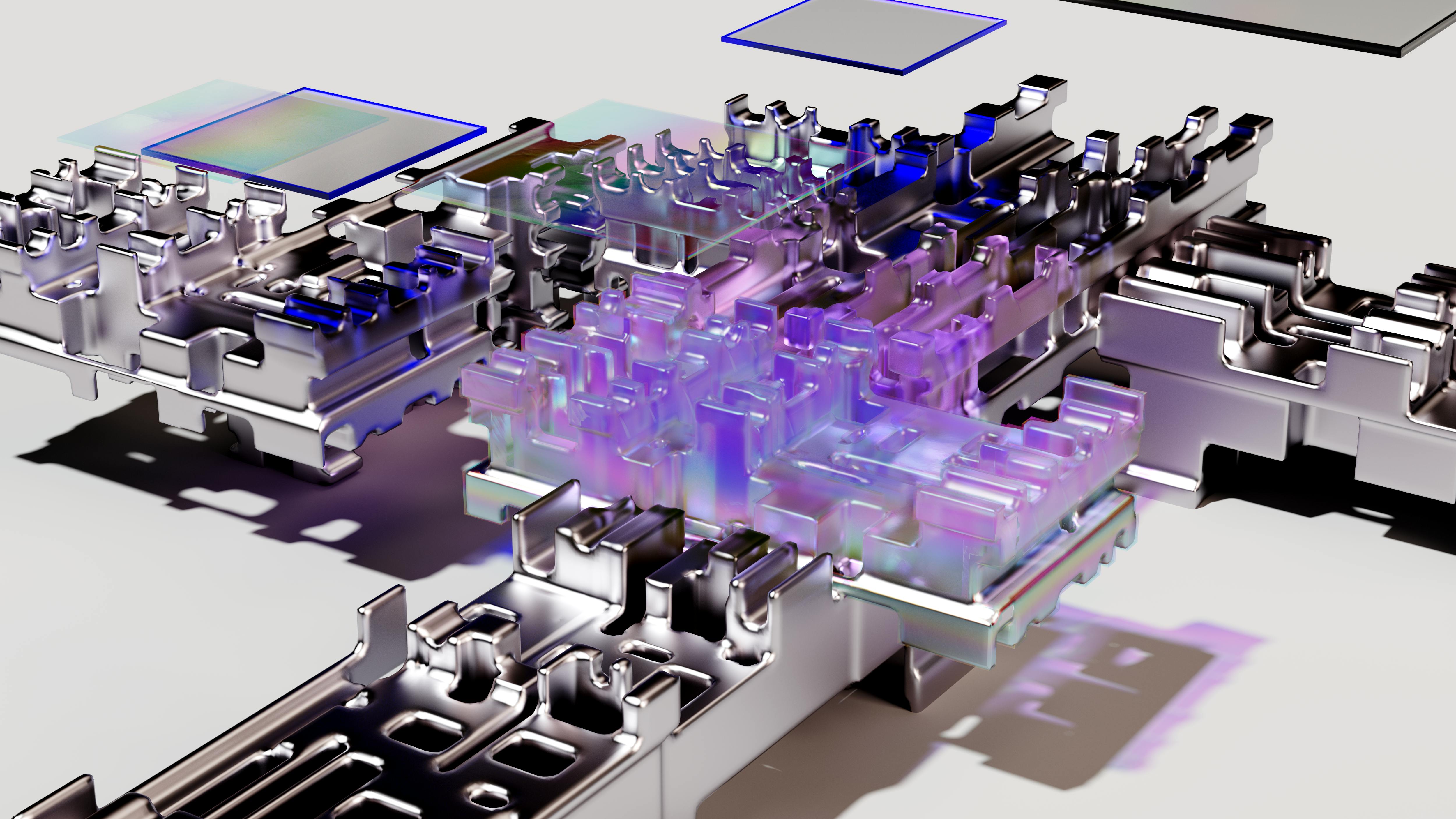AI and Society: Transforming Social Dynamics

- 2.12.2024
- ethicalaiblog
Artificial intelligence (AI) has emerged as one of the most transformative technologies in recent years, impacting education, healthcare, employment, and everyday life. While its benefits are immense, AI also raises critical social, economic, and ethical questions.
This article dives deep into the opportunities AI brings to society, the challenges it presents, and the measures needed to maximize its positive impact.
1. Opportunities of AI in Society
AI in Education: Accessible and Personalized Learning
AI is revolutionizing education by offering personalized learning solutions tailored to individual needs. Language learning applications and AI-based test platforms enhance students' abilities to learn at their own pace. Moreover, AI provides data-driven insights to help teachers track student performance. In developing countries, AI-powered remote learning solutions have the potential to improve educational equity.
AI in Healthcare: Early and Accurate Diagnosis
In the healthcare sector, AI accelerates diagnostic processes and supports decision-making, saving lives in the process. For example, AI algorithms used in cancer diagnosis can outperform human doctors in accuracy. Additionally, mobile health applications powered by AI improve access to healthcare services in rural areas, enhancing public health outcomes.
Environmental Protection and Sustainability
AI is playing an increasing role in environmental protection. From optimizing energy consumption to predicting forest fires and improving waste management, AI-driven systems are vital for building a sustainable future.
2. Challenges of AI in Society
Unemployment and the Future of Work
The rise of automation reduces the need for human labor in many sectors, particularly in repetitive tasks. This creates a risk of job displacement for many workers. While AI also has the potential to create new job opportunities, a transition period requiring reskilling and upskilling for workers is inevitable.
Ethical Concerns and Bias
AI systems can reflect biases inherent in their training data, exacerbating social inequalities. For instance, AI algorithms used in criminal justice systems have been found to produce unfair results for certain demographic groups. Establishing ethical standards is crucial to addressing these issues.
Privacy and Security
AI's reliance on large-scale data collection poses significant privacy risks. Social media platforms and smart devices often analyze personal data, creating vulnerabilities. Strong data governance and regulatory frameworks are essential to address these concerns.
3. The Future of AI in Social Transformation
A More Human-Centric Technology
Developers need to prioritize human values to optimize AI's societal impact. This involves not just providing technical solutions but understanding and addressing the real needs of communities.
AI for Everyone
Ensuring that AI technologies are accessible to all, rather than being monopolized by large corporations or wealthy nations, is critical. Affordable and accessible solutions should be developed to empower small businesses and individuals in developing countries.
Effective Regulations
Governments and international organizations must create regulations to ensure the ethical, fair, and safe use of AI. These policies can protect individuals and society while maximizing AI’s benefits.
Conclusion:
AI has the potential to drive profound societal transformation. However, for this transformation to be positive, we must embrace the opportunities, tackle the challenges, and implement solutions. By adopting a human-centered approach, AI can contribute to a more sustainable and equitable future.
Tags
Tags
- Artificial Intelligence Ethics
- Data Privacy
- Bias in AI
- AI Accountability
- Ethical AI Development
- AI and Society
- Autonomous Systems
- AI Regulation
- Human-AI Interaction
- AI Transparency
- AI for Good
- Algorithmic Fairness
- AI in Healthcare Ethics
- AI and Employment
- Responsible AI Use
- AI and Human Rights
- TeachingWithAI
New Posts
New Posts
0 comments
To leave a comment, please log in.